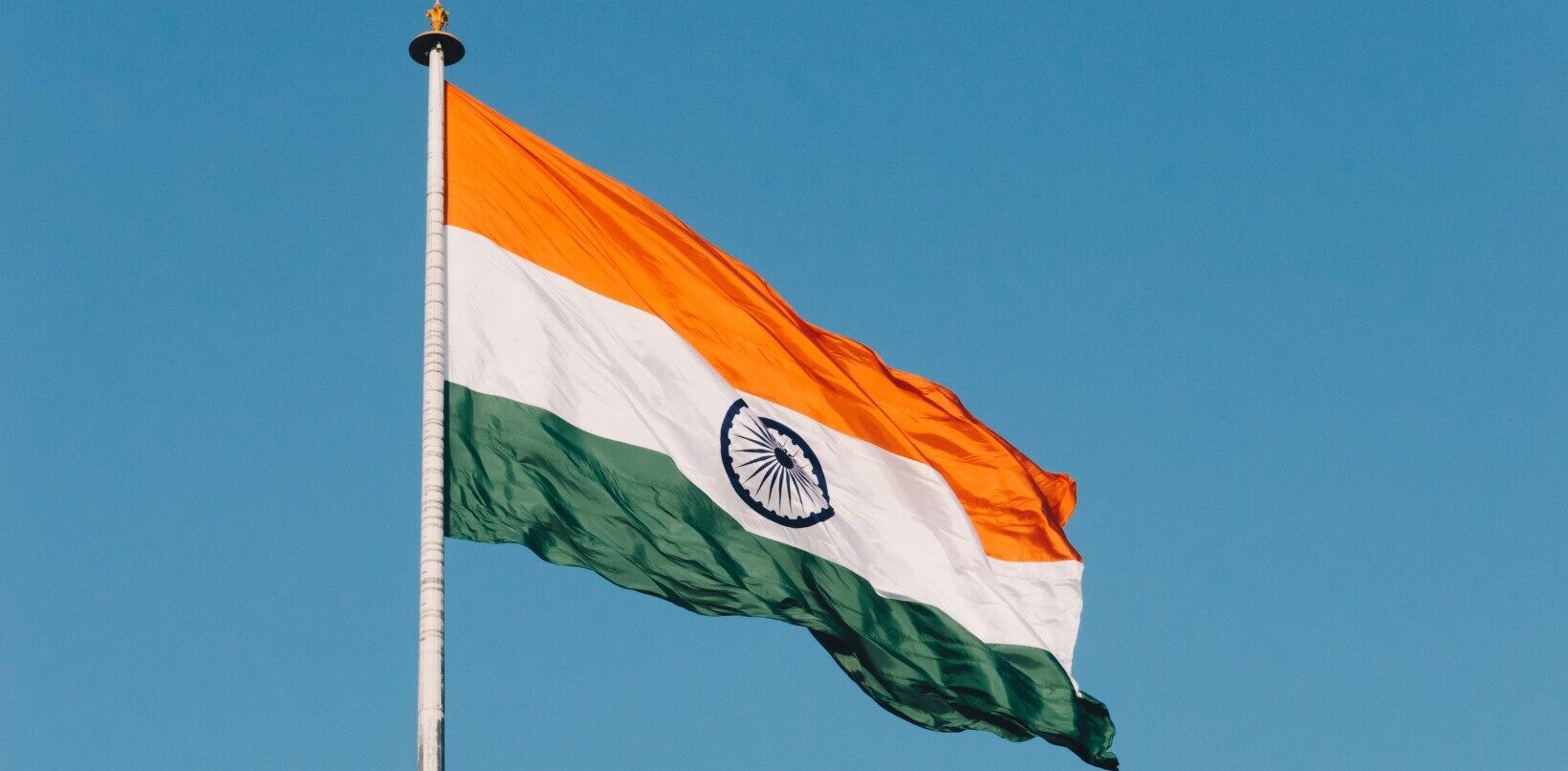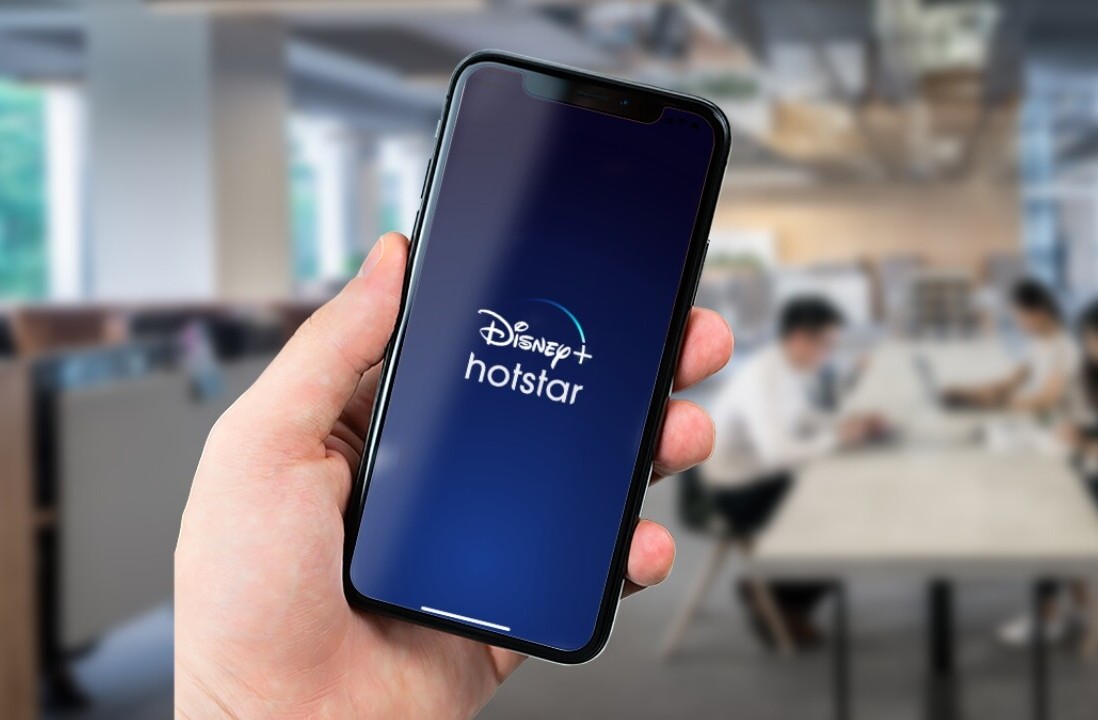
Most of the technology industry’s talk on Friday was of Apple and Samsung, as a Korean court ruling started the day reaching a split decision on a patent ruling, before the momentous decision against Samsung came later, in US time.
Outside of the US tech bubble, a very significant event closed in India, where leading domestic retailer — and India’s favourite startup son — Flipkart landed its fourth round of funding. Though undisclosed in the official announcement, due to legal and contractual constraints, the Bangalore-based firm is believed to have gotten an injection of $150 million to take its business to the next level, Times of India reports.
This year has seen Flipkart — which has 4,700 staff — broaden its service and move into new areas, in addition to expanding its own product range. The February launch of Flyte added digital music and the firm snapped up rival LetsBuy to double down on its service and market share.
Yet, despite the forward steps, the 2007-founded company had been the subject of uncertainty. As TNW guest author Ankush Chibber explains, it had been suggested that it was in the midst of growing pains with its profits not matching up to its expansion plans.
The second, grim piece of news in a business magazine was that online retailer Flipkart, long heralded as the ‘Indian Amazon,’ was in fact in trouble thanks to lower margins, higher cost pressures, and a host of other problems. How authentic was the report, was argued for and against on all social platforms. We do know that Flipkart clocked $18 million in sales in June. Profits, we don’t know.
To that point, speculation suggest that the company was soliciting investors (to the tune of said-$150 million) to keep its business — which has a user base of 4.5 million, more than half of which are active in the last 12 months — afloat.
Speaking to Livemint, CEO Sachin Bansal admitted that the firm is not currently profitable, having been so previously, due to its scaling efforts. “We will be operationally profitable in 2013. We were profitable in the first two years, but growth puts pressure on profits…it’s a trade off,” he said.
Both the valuation and new investors are significant. The round includes a minor stake from ICONIQ Capital and a reported $90 million from MIH India, which is owned by South Africa powerhouse investor Naspers. The two new investors join Tiger Global and Accel Partners, which both partook, but, more pertinently, the funding was a huge increase on the cumulative $80 million it raised in three previous rounds.
The outcome of the fresh cash will be further expansions, as CFO Karandeep Singh explained. “The money raised in this round will be invested in expanding supply chain capacities, launching new categories and in growing the talent pool to continue building on our leadership position,” he said.
As we’ve said before, despite a population in excess of 1.2 billion, India’s state of technology leaves much to be desired. Internet penetration is below 10 percent, however smartphone sales are growing and mobile Internet is set to outgrow the fixed-line Web before the end of the year.
China’s population is comparable but the technology footprints are not. India has no Baidu, no Tencent or any other billion dollar company, and Flipkart is very much at the forefront of those vying for that position.
Can the ambitious company grow into a billion dollar boy, it’s not clear. Without specifically discussing the company’s valuation, Bansal wants Flipkart to hit $1 billion in gross merchandise value by 2015, and he sees the new capital as a key step to that goal.
The Times of India speculates that the deal values Flipkart at around $800 million, with MIH’s investment making it the second largest shareholder. That’s actually lower than the $850 million valuation it raised at last year, despite the firm pegging its value at $1 billion.
For now, Flipkart competes without the pressure of Amazon in India, despite the latter launching aggregate site Junglee this year, and the Indian firm’s development is key to fighting off Amazon and other overseas giants that may enter the country.
A 2011 survey from Juxt concluded that 30 percent of India’s 65 million Internet users used online shopping services. That was followed by research from comScore that reported that coupon services had grown massively in 2011, with Amazon’s international service beating Flipkart with 2.8 million monthly visitors against its 2.7 million.
Image via Flickr / Samratm
Get the TNW newsletter
Get the most important tech news in your inbox each week.




